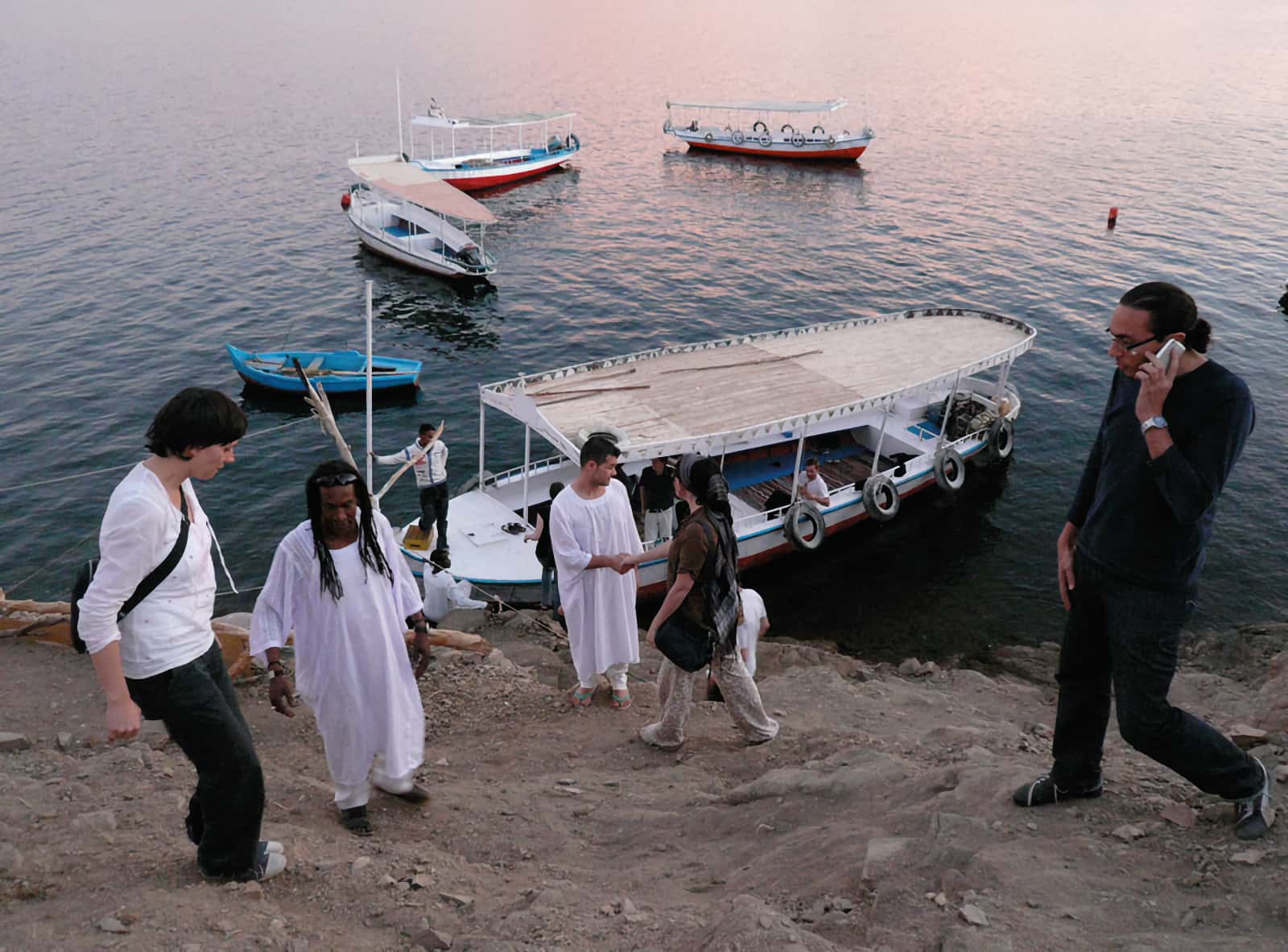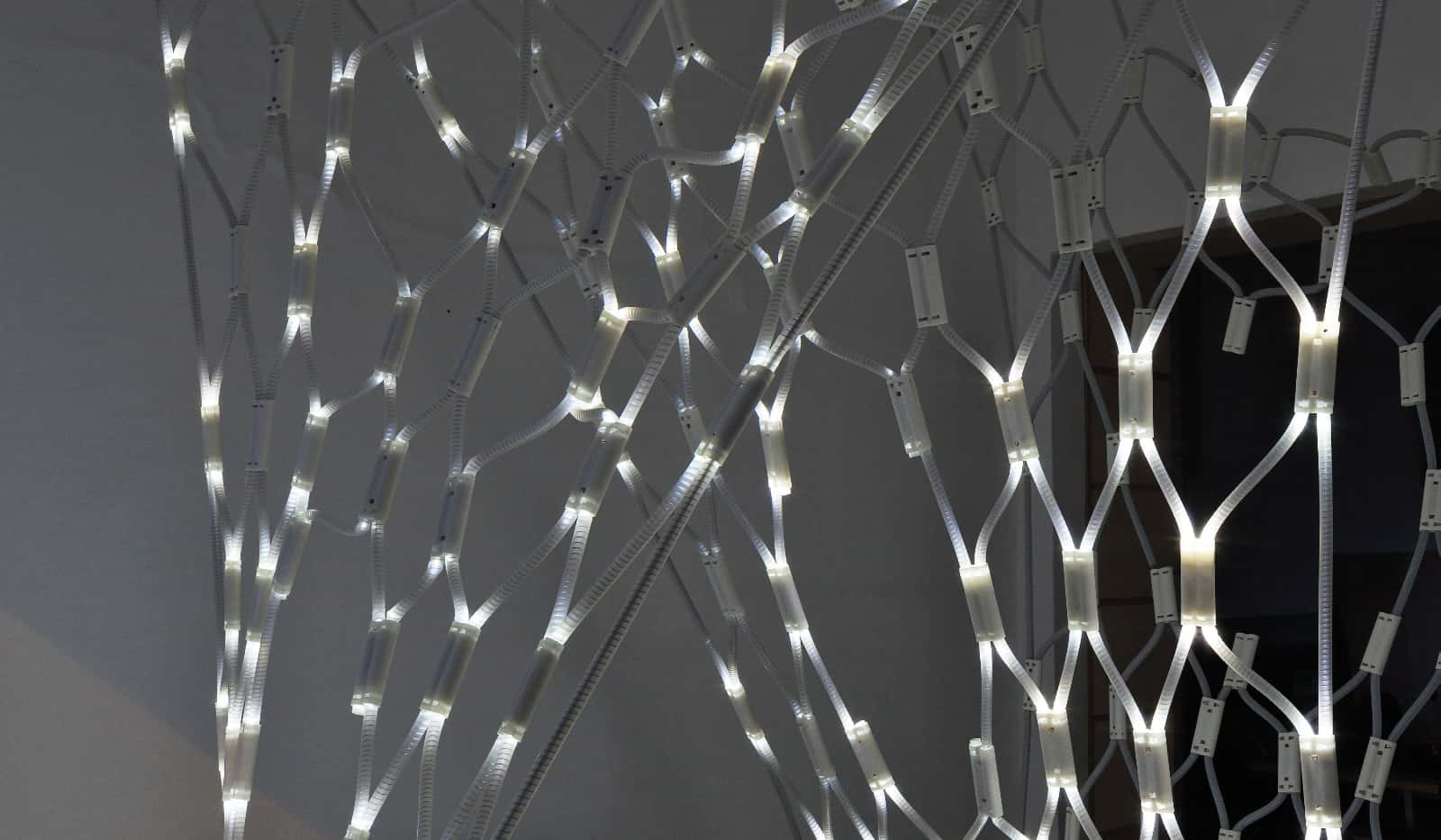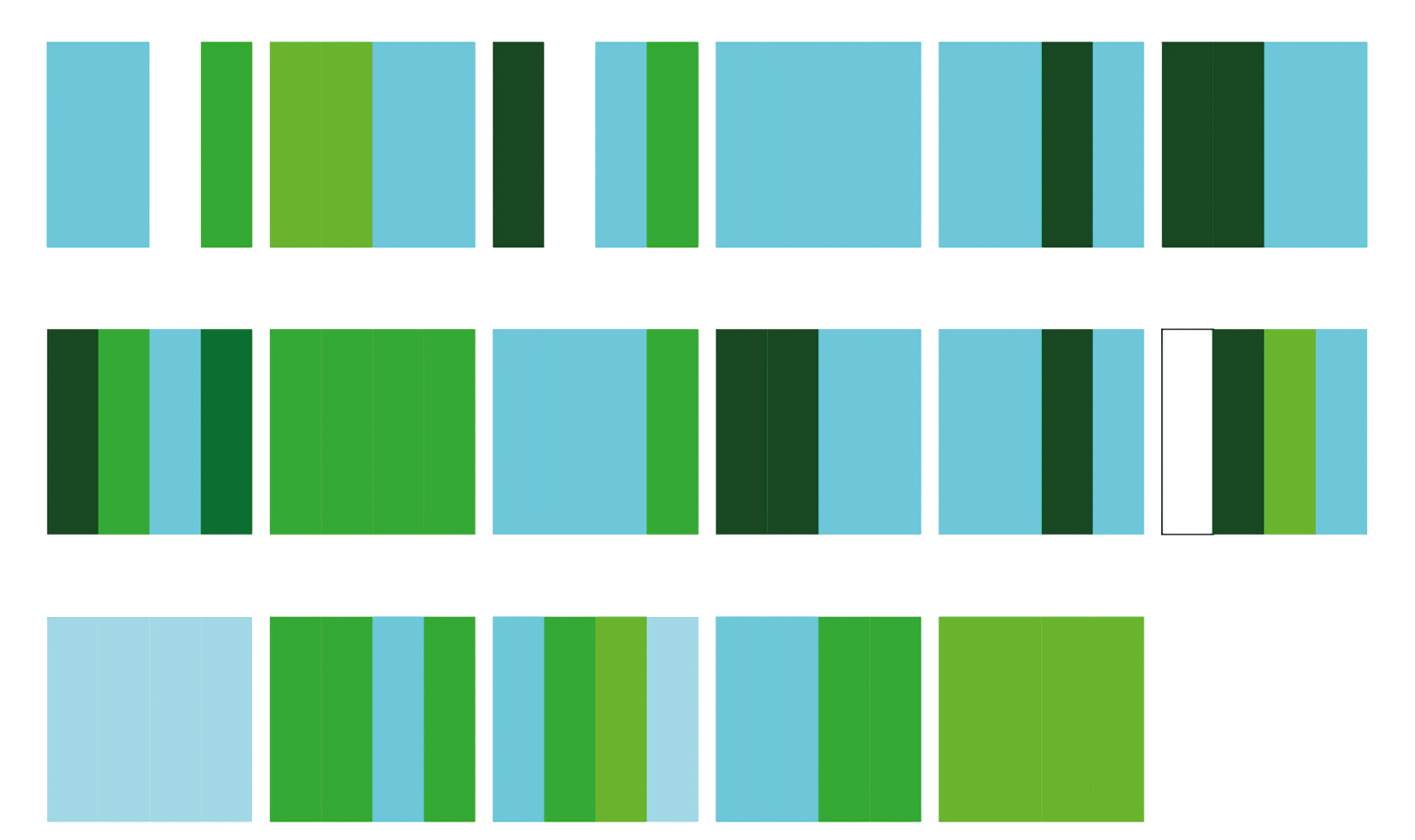
Issue Editors: Anne Boddington, Gerhard Bruyns
ISBN: 978-94-93329-50-8
Editorial
-
This seventh number Cubic Journal was originally conceived to capture emerging discussions about the contested roles of PhD design and a design PhD and was fuelled by the experiences of COVID-19.
On reflection, and in compiling this issue under the title ‘PhD Design and Design PhD: In, Through and About’, it is clear that there are still many valid and important questions about the incremental next steps and the value of the doctoral experience and its outcomes. Through doctoral education and bringing together design researchers and an expanded portfolio of research design...
Articles
-
Motivated by Leonardo Journal (March 2018) call for papers for its PhD in Art and Design three-year symposium, the following discussion and survey of literature were undertaken to explore current international discourse on the PhD in Art and Design (Friedman & Ox, 2017). A discipline that has traditionally been studio-based, design has been experiencing a transformation from a focus on form and aesthetics, often associated with appearance, to solving increasingly complex problems that require multi-disciplinary perspectives and solutions (Davis, 2017). Initial findings show...
-
This article traces the history of the PhD, the rise of the practice PhD and our experiences with implementing a practice-informed PhD programme between Vienna and Zurich, and it concludes with a reflection on some precarious parallels between the research , the methodology of a practice PhD and the decolonisation of research. Accompanying the article are images of our master’s and PhD candidates engaging globally in field research, archive research, creative practice and institutional and noninstitutional collaborations.
-
Much has been written about practice-based research – and design-based research, speci!cally. In the vast body of literature and growing discussions about PhD studies in design (Durling 2002; Schwarzenbach and Hackett 2015; Vaughan 2017; Vaughan and Morrison 2014), strong arguments have been raised to persuade ‘traditional’ academia to allocate design its proper place and acknowledge design research as a scientific methodology – and accordingly, to provide design researchers with PhDs (Anderson and Shattuck 2012; Goff and Getaenet 2017; LaMere 2012). This paper joins this effort by...
-
This text presents the pilot started at Gerrit Rietveld Academie in Amsterdam for a new 3rd cycle trajectory in artistic research under the title Creator Doctus. It lays out the considerations that led to the pilot and the steps taken so far.
-
In this article I reflect on the meaning, role and significance of educational designs in PhD studies, with the aim of raising some about ‘taming’ the dragon, as well as inviting readers to reflect on their own experiences of such studies as students and/or supervisors.
-
This article expounds on the chronology of a PhD programme in design hosted by the University of Porto in cooperation with the University of Aveiro since 2011. Scientific, strategic, pedagogical and administrative occurrences and decisions are narrated and substantiated. Various challenges, as well as approaches for their resolution and/or mitigation, are presented. It is argued that an affective component is crucial to the success of the programme, made possible by the development of immersive research environments and working partnerships between student projects and external contexts...
-
The call for papers raised a few important questions about the state of the PhD in design. I have worked in a few PhD programmes over the years, supervised well over a dozen students to completion and examined another 35 theses in perhaps seven countries. I have also run at least two programmes and have been on steering groups of, by now, three national and one European programmes. As the editors noted in their call, a PhD has become an entry criterion for academic teaching positions in design. The process has taken less than 20 years and is ongoing. It has had its hiccoughs, but the...
-
This paper reflects on the experience of articulating position and practice in a PhD by Design, from an interdisciplinary perspective in a design for health context. The central motivations to use research through design, drawn from experience of person centred approaches in the context of health, social care, housing and inclusive design that inform the research question are outlined. The benefits of design research as a tool to explore lived experience of people living with dementia on a sensory experiential level is explored. The unique value and relevance of the sensory aspects of...
-
This paper discusses the role of the conceptual framework in design-led research. Identifying the conceptual framework as the consolidation of an interdisciplinary positioning merging historical, theoretical and technological, creates a platform from which a research project can contribute new theories and solutions. Taking its point of departure in a series of design-led PhDs undertaken at the Centre for Information Technology and Architecture (CITA) at the Royal Danish Academy - Architecture, Design, Conservation, the three discussed PhDs demonstrate how design is used as a driver for...
-
From a cross-disciplinary research perspective, the design discipline has launched a new round of expansion. Design scholars are encountering new challenges in research projects that deeply integrate science, technology and design. With Artificial Intelligence (AI), rapid technological development will change how we think and live in the future, reshaping social protocols and moral ethics and resulting in an immense but immeasurable impact. AI’s implemental nature also provides a means for the possibility of self-correction. Designers’ depth and diversity of understanding and speculation...
-
This paper constitutes a short reflection on architectural research and knowledge production in the tertiary education sector, with particular reference to the establishment of a ‘creative’ PhD degree in South Africa. It arises from the growing interest in and pressure for the establishment of a practice-led (architecture) PhD. This interest has emerged predominantly from within performance-based disciplines whose application takes the form of practice-based and professionally produced work. In reflecting on the nature of PhDs and on various ‘alternative’ approaches, I conclude that the...
Abstract
-
This visual research explores processes of mapping, structures, and form as content. A series of maps present processes of time, and research narratives, truths and fictions. From Tolstoy’s use of the present in war and peace, slowing down time, and cinematic conventions, to T. S. Eliot’s ideas of past, present and futures, in Four Quartets. Michail Bakhtin describes a sense of epic time, as a closed, historical past. This research presents research and journeys, as open forms, through poetry, music by Beethoven, and works by Samuel Beckett.
A visual essay presents nine images,...



